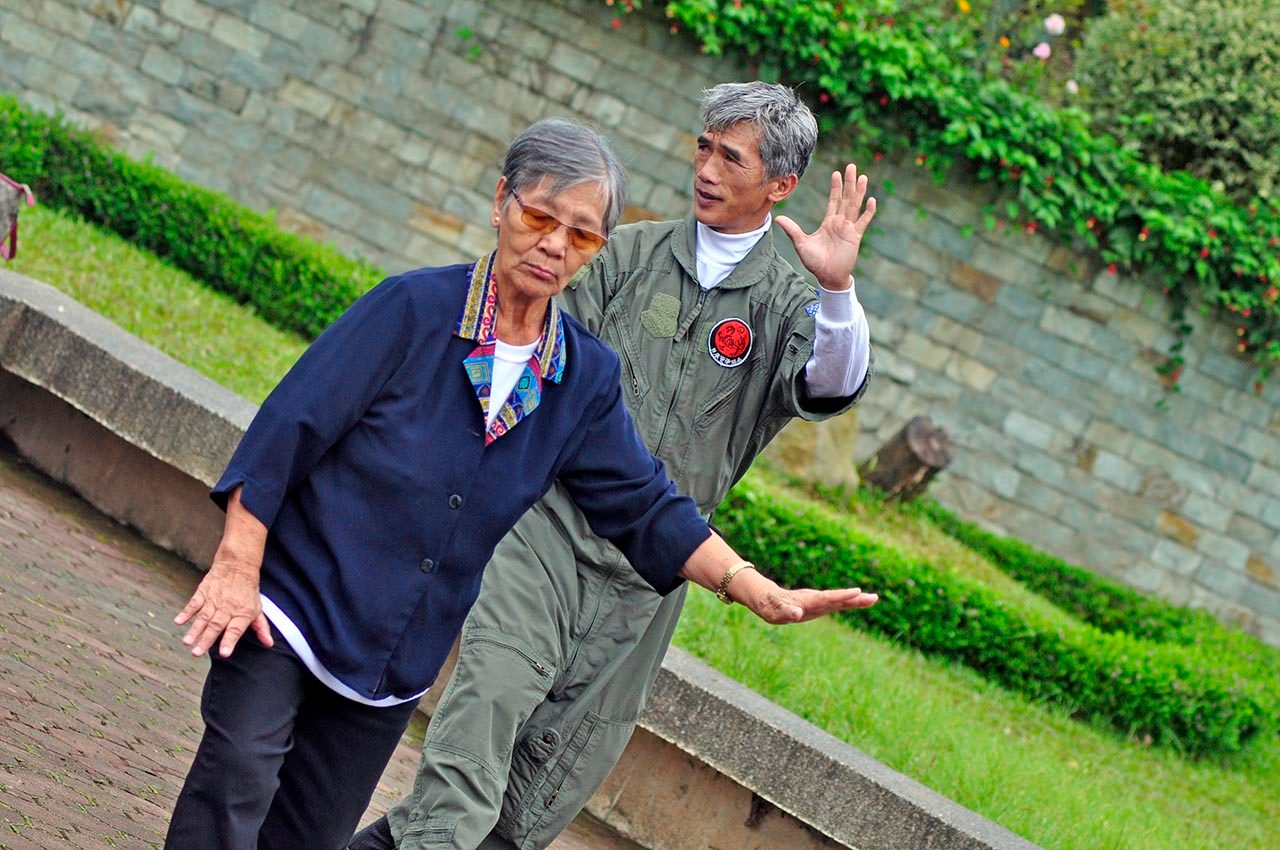SUMMARY
This is AI generated summarization, which may have errors. For context, always refer to the full article.

MANILA, Philippines (UPDATED) – The Commission on Human Rights (CHR) on Monday, April 27 appealed to the government to reconsider a policy in its general community quarantine (GCQ) guidelines that prohibits persons aged 60 and above from leaving their homes.
The commission said the older population is a “heterogenous group” and the risks they face vary on different lifestyle factors like physical health, socio-economic conditions, living arrangements, and dependency on care.
“A policy solely based on old age runs the risk of disproportionately discriminating older people who need to go outside their homes for essential activities, including work and the procurement of basic goods and services, and those who live alone or with other older family members,” said Karen Gomez Dumpit, Focal Commissioner on Aging and the Rights of Older Persons.
“We need a human rights- and evidence-based approach to dealing with this crisis, which takes into consideration the diversity of the needs of older people in different situations,” added Dumpit.
Dumpit recommended the relaxation of rules in the GCQ scheme, where the elderly would not be “prohibited,” but only “discouraged” from leaving their homes. This would respect the elderly’s autonomy to make decisions and at the same time protect them from “punitive aspects” of lockdown enforcement.
The CHR also recommended intensifying measures that would enable older persons to speedily avail of social pensions and other forms of aid. (READ: More protection, attention to social pension for poor elderly Filipinos)
Reconsidering the policy on chronological age involves “discerning the most appropriate response.” The GCQ guidelines also hold that persons aged 0 to 20 years old cannot go out either.
On Thursday, April 30, Presidential spokesperson Harry Roque announced that there would be an exception to the rule – that seniors may go out “when indispensable under the circumstances for obtaining essential goods and services or for work in permitted industries and offices.”
Senate considers
On Thursday, Senator Sonny Angara asked for the grant of certain exceptions for senior citizens, after receiving “a lot of complaints from irate seniors.”
“We understand that older adults have a higher risk of contracting severe diseases due to COVID-19 (coronavirus disease) and we should ensure that they are given the proper care and protection. But we should also address their basic needs during this critical period. Let us strike a balance between these two concerns,” said Angara.
Angara said the basic needs of the elderly do not change whether under enhanced community quarantine (ECQ) or GCQ. He suggested options like the implementation of “special hours” and priority services at groceries and drug stores. Angara also recommended businesses should allow online transactions accommodating senior citizen discounts for essential goods.
While the novel coronavirus can infect anyone indiscriminately, older persons, especially those with existing illnesses, are more vulnerable to contracting severe to critical cases.
There are about 5.5 million Filipinos aged 60 and above who are most vulnerable to the virus, according to a University of the Philippines study.
“Of the estimated 9.5 million Filipinos age 60 and above, 5.5 million have existing high-risk conditions, higher among women and among the rich segment of the population,” the study read.
Based on April 17 numbers, the elderly and immunocompromised appear to be the most vulnerable group upon analyzing the confirmed COVID-19 cases in the Philippines. (READ: PH coronavirus cases in maps and charts: What the data says)
As of April 30, there have been 8,488 confirmed cases of COVID-19 in the country. 568 have died, while 1,043 have recovered. – Rappler.com
Add a comment
How does this make you feel?
There are no comments yet. Add your comment to start the conversation.